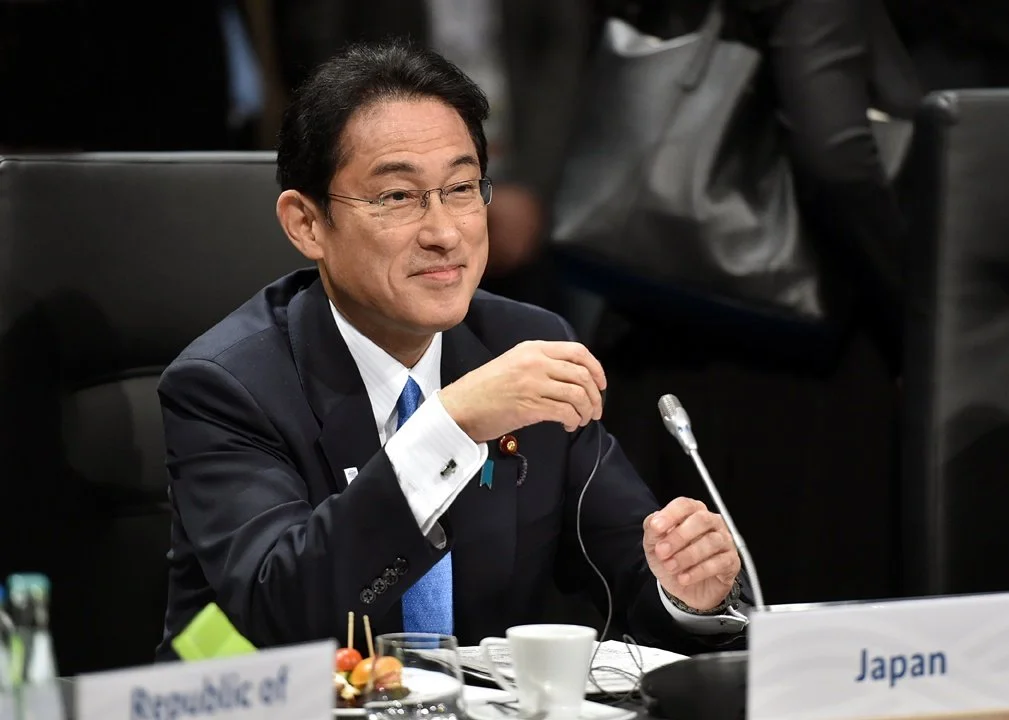Written by Joe Varner
When asking whether it is a deterrence game-changer in the short and long run, the answer is likely no. To counter the Sarmat, Washington can move more and more of its vulnerable land-based deterrent to the US sea-based portion of the triad and onto submarines.
Read More
















